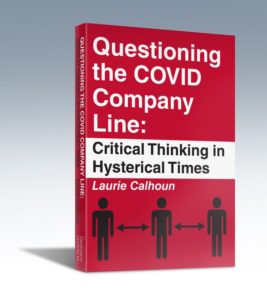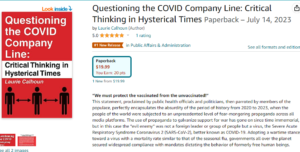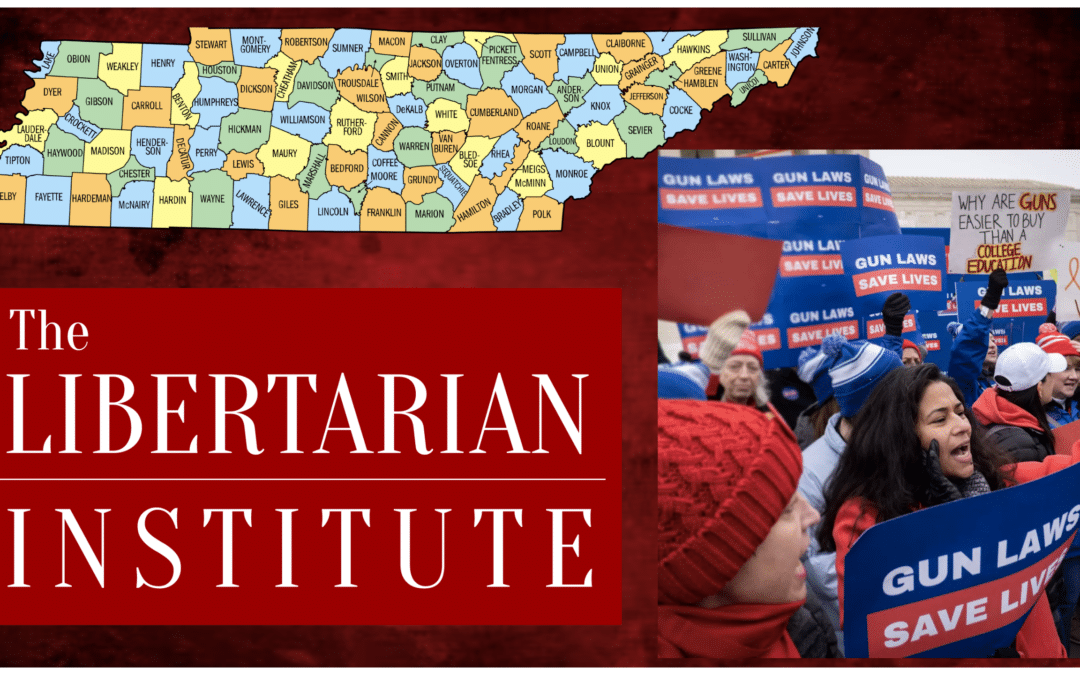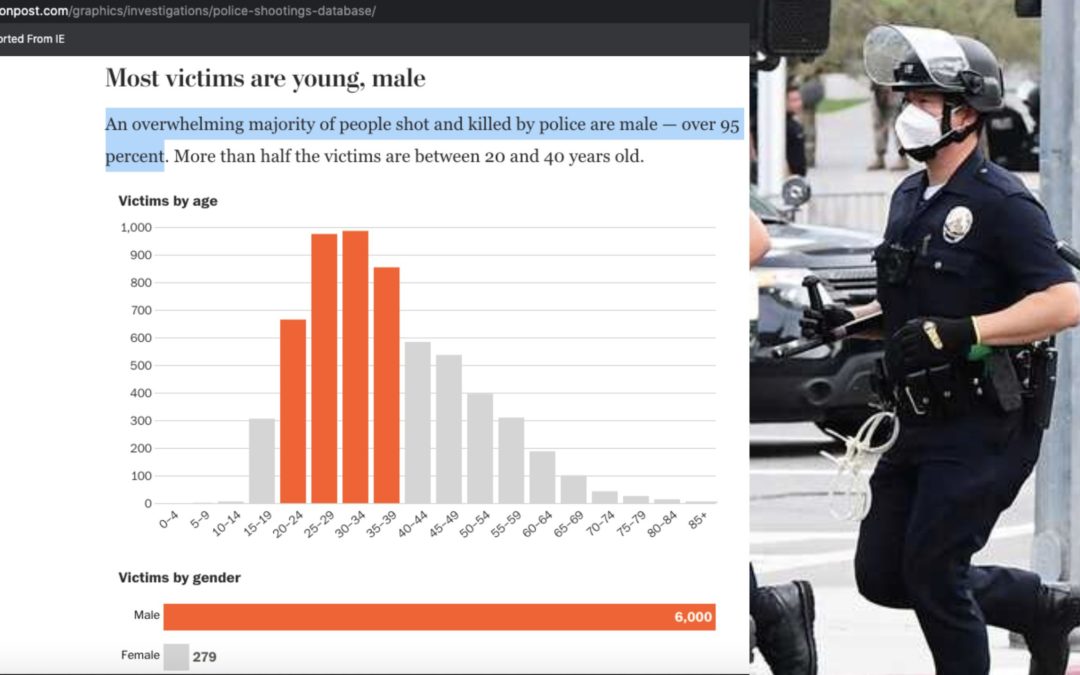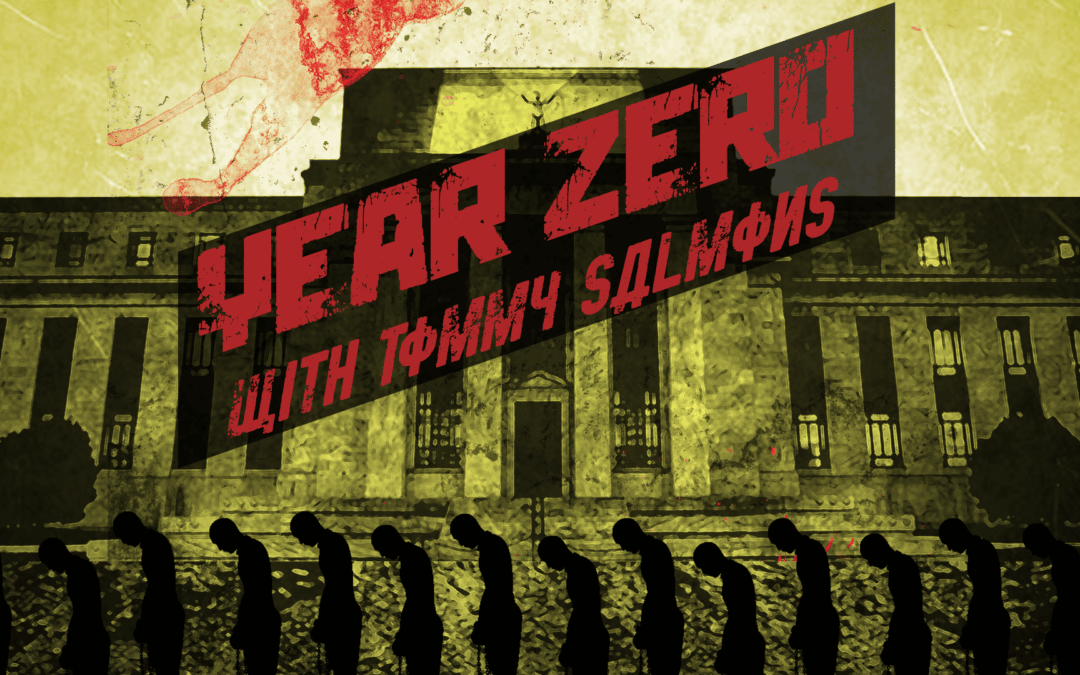Terms to search:
- Nakba Day
- Patria Disaster (1940)
- Law of Return
- Israel Demolition of Palestinian Property
- First Intifada
- Broken Bone Policy
- Shin Bet
- Irgun
- Stern aka Lehi
- Haganah
- Israeli torture in occupied territories
- Marriage in Israel
- Absentee Property Law
- Citizenship & Entry Law
- Israeli Lands Law & Jewish National Fund
- Operation Defensive Shield
- Grapes of Wrath
- Qana Massacre
- 2006 Qana
- IDF Operations
- Remote Controlled Machine Guns
- Lavon Affair
- Al-Fakhura School
- Gaza UN Shelter
- USS Liberty
- Assassination
- Dahiya Doctrine
- Mowing the Grass Gaza
- Palestinian National Authority
- West Bank Barrier
- Gaza War
- Arna’s Children
- Killing Gaza
- Second Intifada
- Jenin Crimes
- Bahr El-Baqar Primary School Bombing
- Ghaziyeh Airstrikes
- Beit Rima
- Hula Massacre
- Ibrahim al-Maqadma Mosque missile strike
- Kafr Qasim massacre
- Khan Yunis massacre
- Maarakeh Bombing
- Mansouri Attack
- Nabatieh Fawka Attack
- Qibya Massacre
- Rafah Massacre
- UN Resolution 242
- Jewish Population Overtime
- Peel Commission
- Resolution 181
- Sykes-Picot Agreement
- Balfour Declaration
- Ras Sedr massacre
- Wehda Street massacre
- Zeitoun District Massacre
- Zrarieh raid
- King David Hotel Bombing
- Jaffa annexation
- Lehava
- Kahanism
- Death March
- Now It Can Be Told (Iraq, 1951)
- 1967 War Controversy
- Trump Heights
- 1973 Yom Kippur War
- Hasbara
- Conscription in Israel
- Deir Yassin massacre
- Eilabun massacre
- Ein al-Zeitun massacre
- Tantura massacre
- Safsaf massacre
- Sa’sa Massacre
- Hospital Airstrikes



